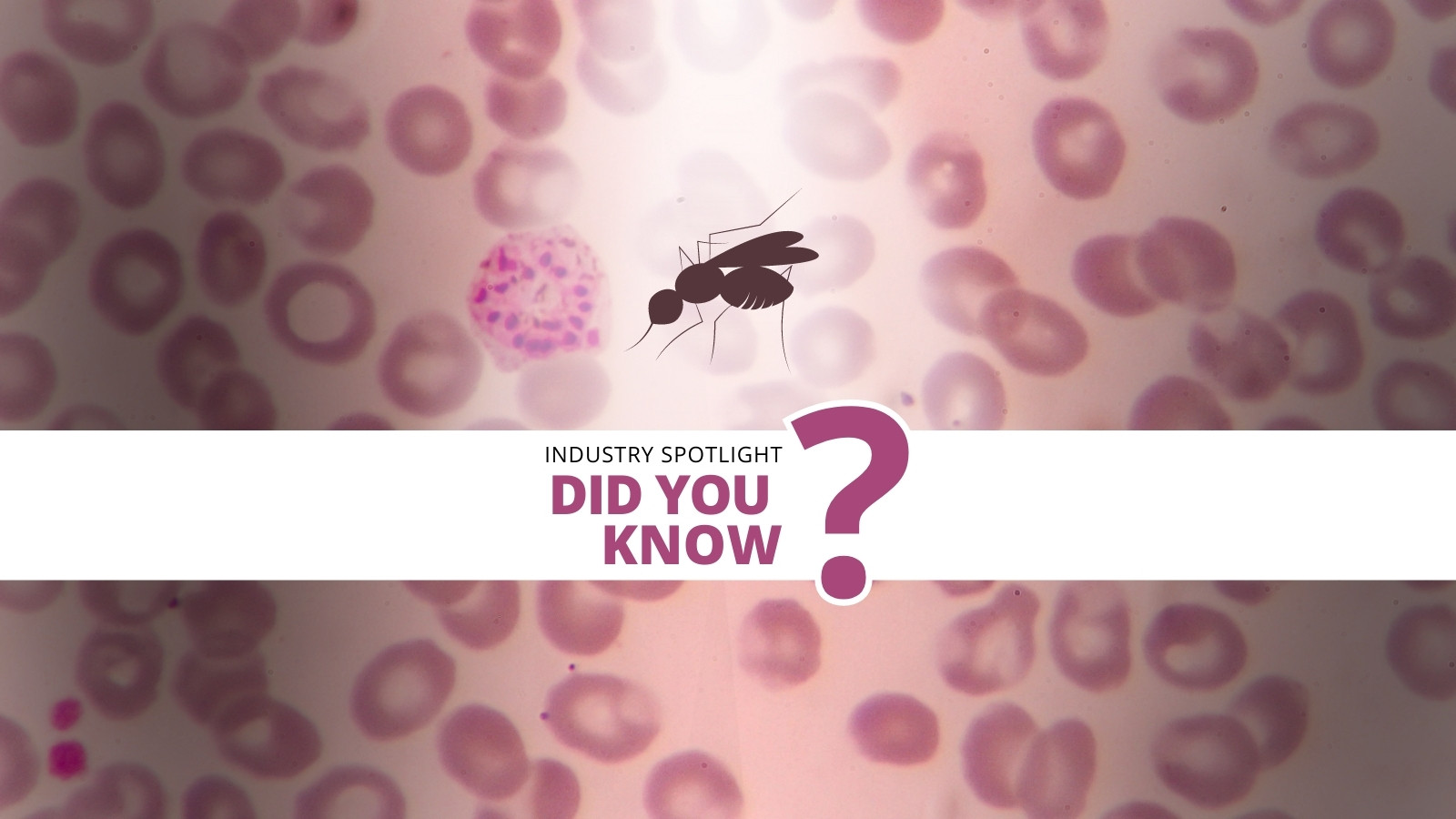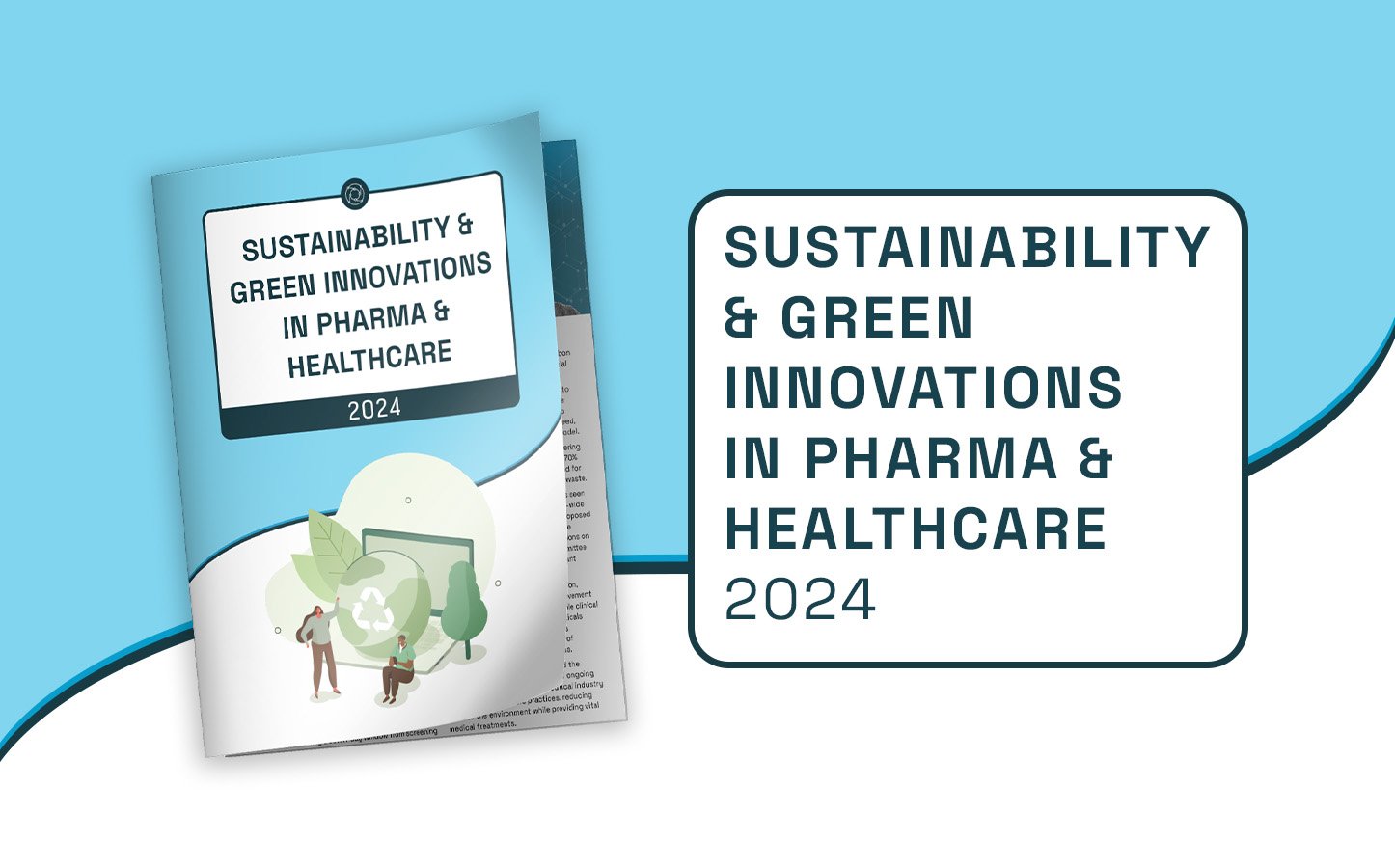World Malaria Day 2023: Breakthroughs in Malaria Vaccinations

In the 15 years since World Malaria Day was established, collaborative efforts by a WHO-backed consortium have seen the launch of new vaccines aimed at reducing the spread and ultimately eliminating malaria. The day marks an opportunity to acknowledge the continued need for investment and sustained political commitment towards malaria prevention and control.
Malaria has long been acknowledged as a devastating disease that disproportionately affects African populations. In 2021, the region was estimated to have suffered 95% of all malaria cases and 96% of all deaths.
In recent years, we have seen huge steps forward in the field of malaria vaccines. In 2019, pilot vaccination projects for the ground-breaking RTS,S vaccine (marketed as Mosquirix) were launched in Malawi, Ghana, and Kenya. In November 2022, we saw the first large-scale rollout of the vaccine.
Exciting progress has been seen even more recently: just a few weeks ago, Ghana became the first country to approve the University of Oxford’s R21/Matrix-M vaccine, which was the first to exceed the WHO’s target of 75% efficacy.
The theme for World Malaria Day 2023 is “Time to deliver zero malaria: invest, innovate, implement." As this suggests, investing in innovative R&D will prove crucial to the battle to develop new and effective tools for diagnosis, prevention, and treatment of the disease.
Unfortunately, none of the vaccines currently available can be seen as a “silver bullet” that will wipe out malaria worldwide. Nonetheless, they mark huge progress in a field that continues to grow and develop and undoubtedly bring us closer to eliminating malaria.
Join Oxford Global’s Antibody Engineering: Online event today. An intensive 2-day meeting, it will delve into the latest in antibody engineering and antibody-based therapeutics, with a focus on AI/ML emerging technologies and antibody optimisation.
Get your weekly dose of industry news here and keep up to date with the latest ‘Industry Spotlight’ posts. For other Biologics content, please visit the Biologics Content Portal.






